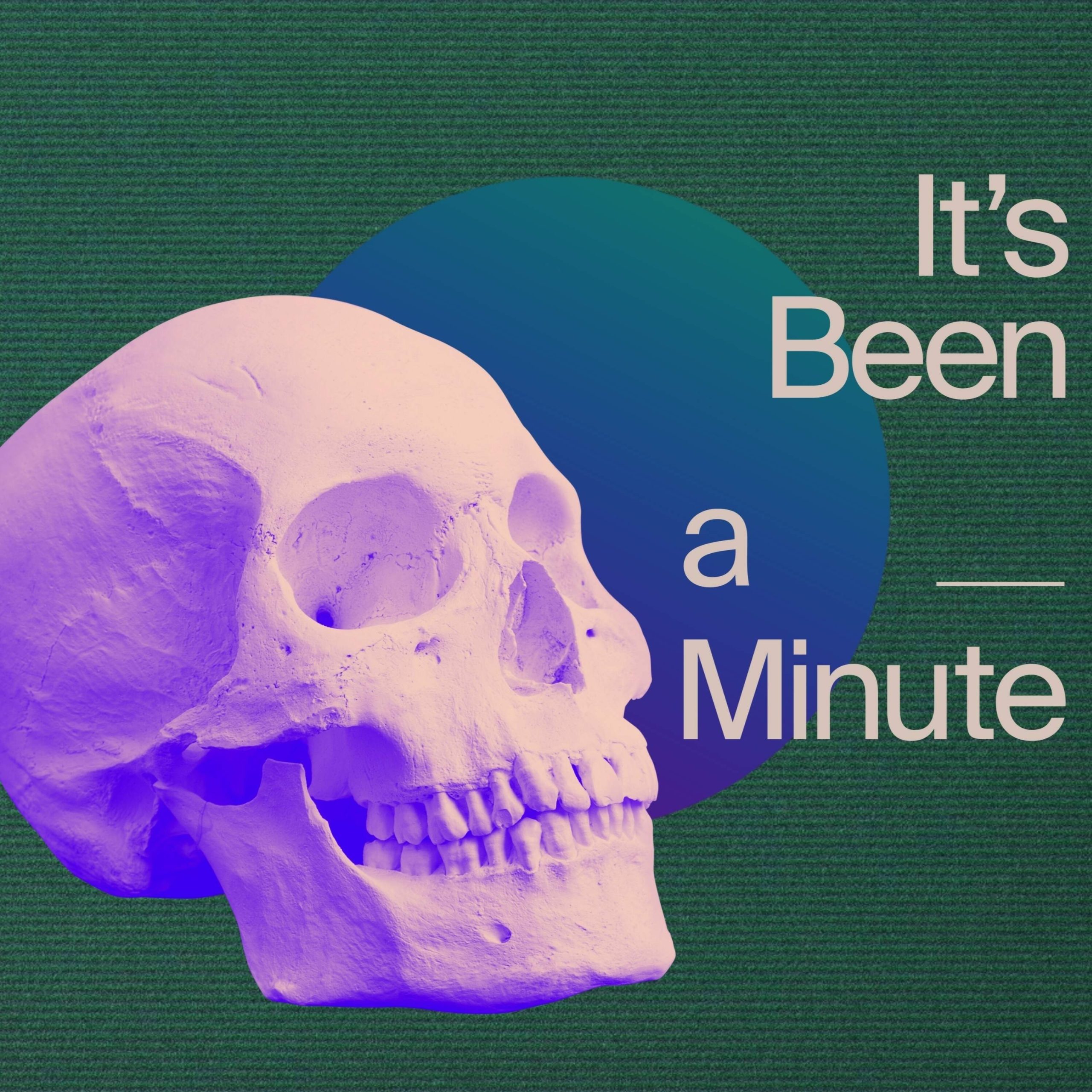
458: Why Your Podcast Isn’t Making Money (and How to Fix It)
This week I’m back with a solo episode where I’m giving you the tools to make money with your podcast. When I became a full-time podcaster in 2017, I focused […]
 play_arrow
play_arrow
Full Show (Nuggets Game 1 Win + Matthew Stafford $44M + Justin Herbert HOF Talent + Jokic MVP) podcast
 play_arrow
play_arrow
 play_arrow
play_arrow
 play_arrow
play_arrow
You Can Keep Your Steak Dinners! podcast
 play_arrow
play_arrow
 play_arrow
play_arrow
EP472 – 100 v 1 podcast
 play_arrow
play_arrow
3BGPodcast| Total Recall podcast
 play_arrow
play_arrow
Best Of (Jordan Love expectations + Shedeur & Gregg Popovich talk + Is Jalen Brunson a superstar?) podcast
 play_arrow
play_arrow
R5, HOLE 10: Ryan Ruffels, Andrew Santino & J.R. Smith Hole and Hang podcast
 play_arrow
play_arrow

Can the shape of your skull or the look of your face say something deeper about you? Like – if you’re a good parent? Or if you’re smart? Or if you’re more likely to be a criminal? Well – the answer is no, absolutely not. But in the past, some scientists used the pseudosciences of phrenology, which studied the skull, and physiognomy, which studied the face, to try to prove that how you look says something about who you are on the inside. Again, it’s junk science. But something peculiar is happening: it seems like there’s been more interest lately in some of the ideas behind phrenology and physiognomy. From “witch skulls and angel skulls,” to the skull geometry of transvestigations, to the question of whether AI can detect gay faces – it seems like more and more, people want to categorize each other with just a look at their heads. Brittany is joined by Yale professor of philosophy Lily Hu and Rolling Stone culture writer Miles Klee to understand the appeal and the consequences of fake skull and face science coming back around in the culture.
Support public media and receive ad-free listening & bonus content. Join NPR+ today.
Learn more about sponsor message choices: podcastchoices.com/adchoices

This week I’m back with a solo episode where I’m giving you the tools to make money with your podcast. When I became a full-time podcaster in 2017, I focused […]






Copyright Blackpodcasting 2025